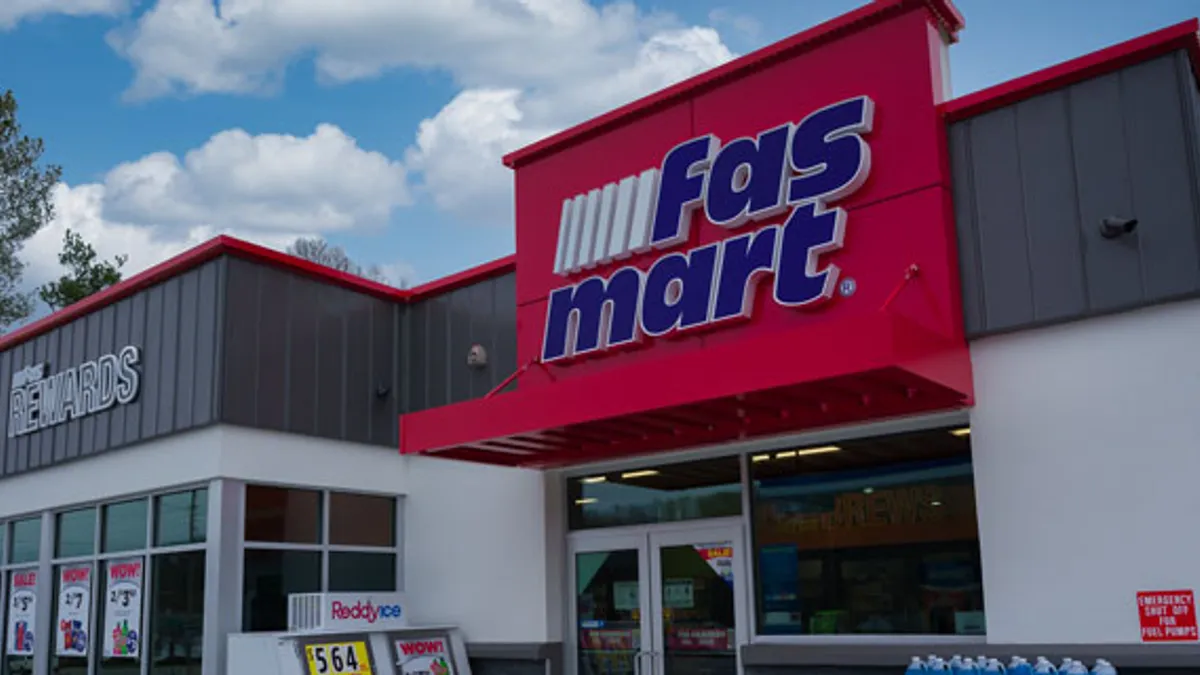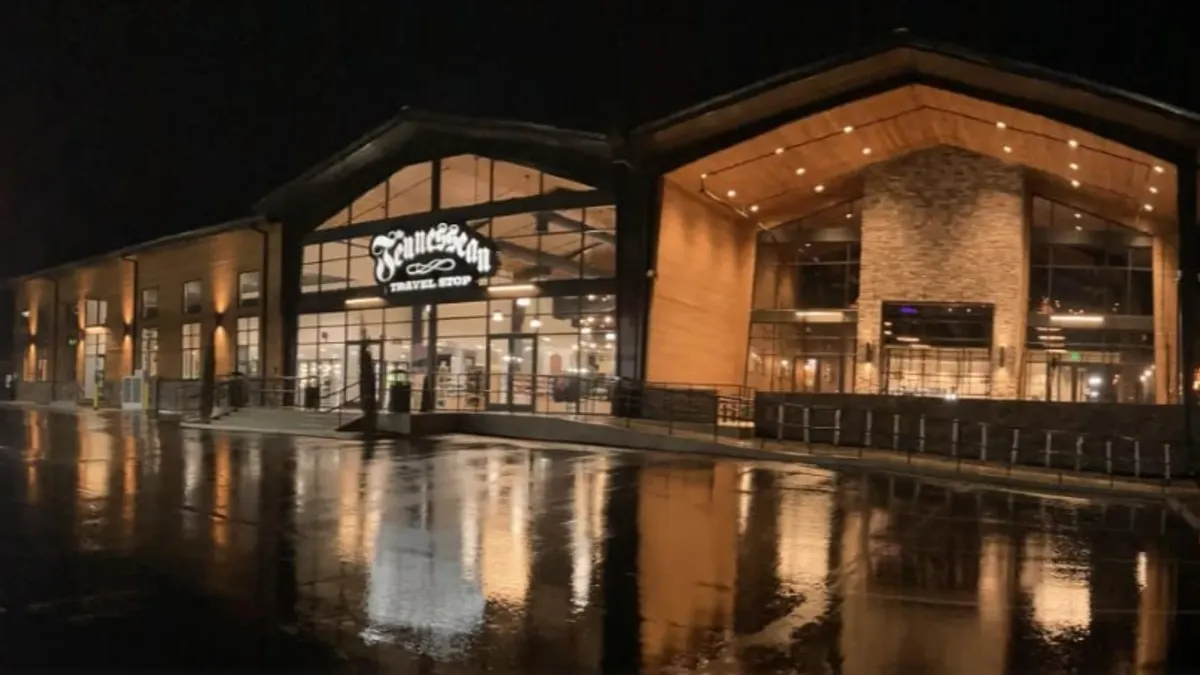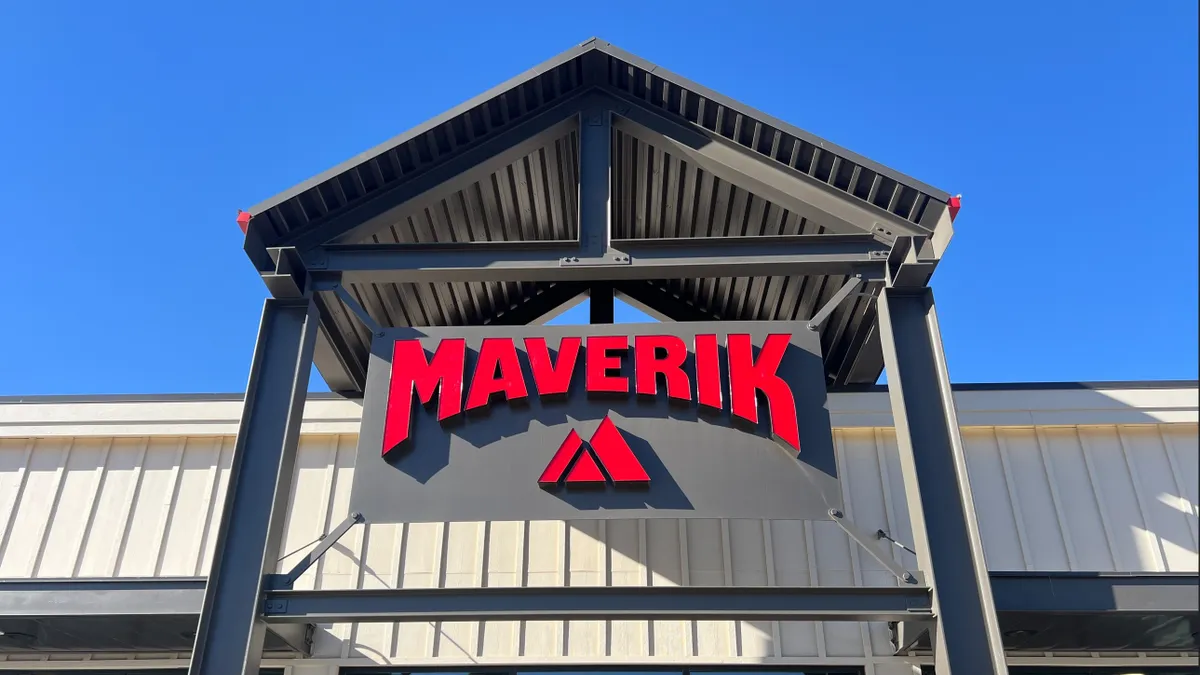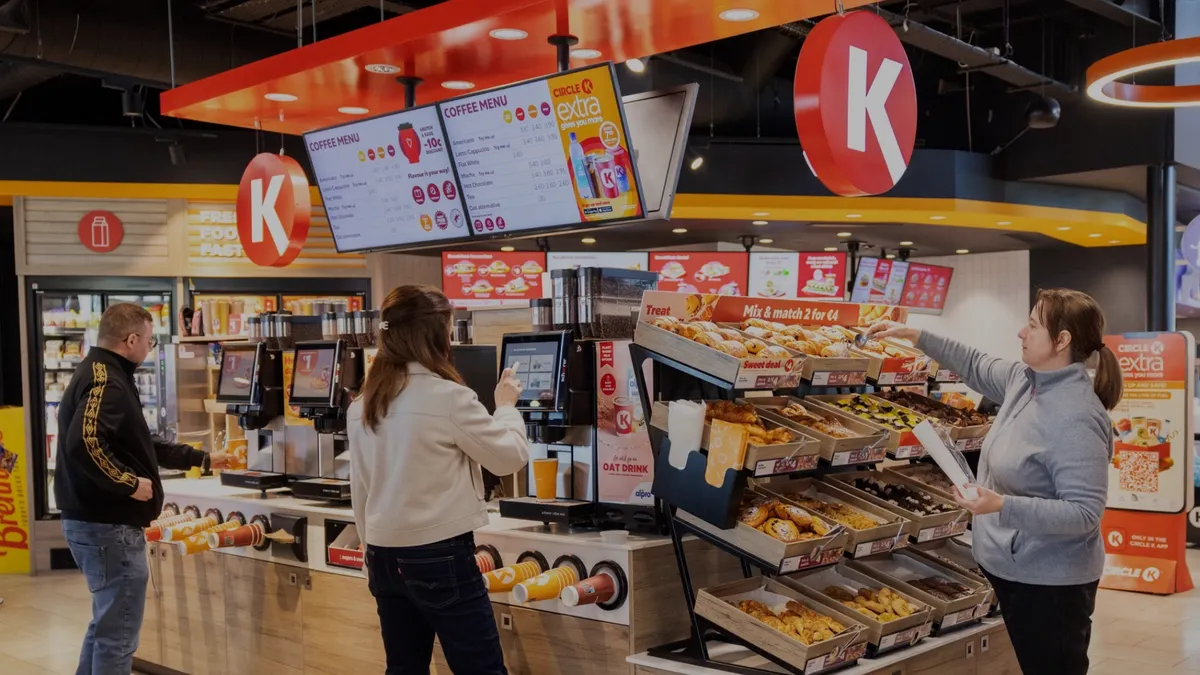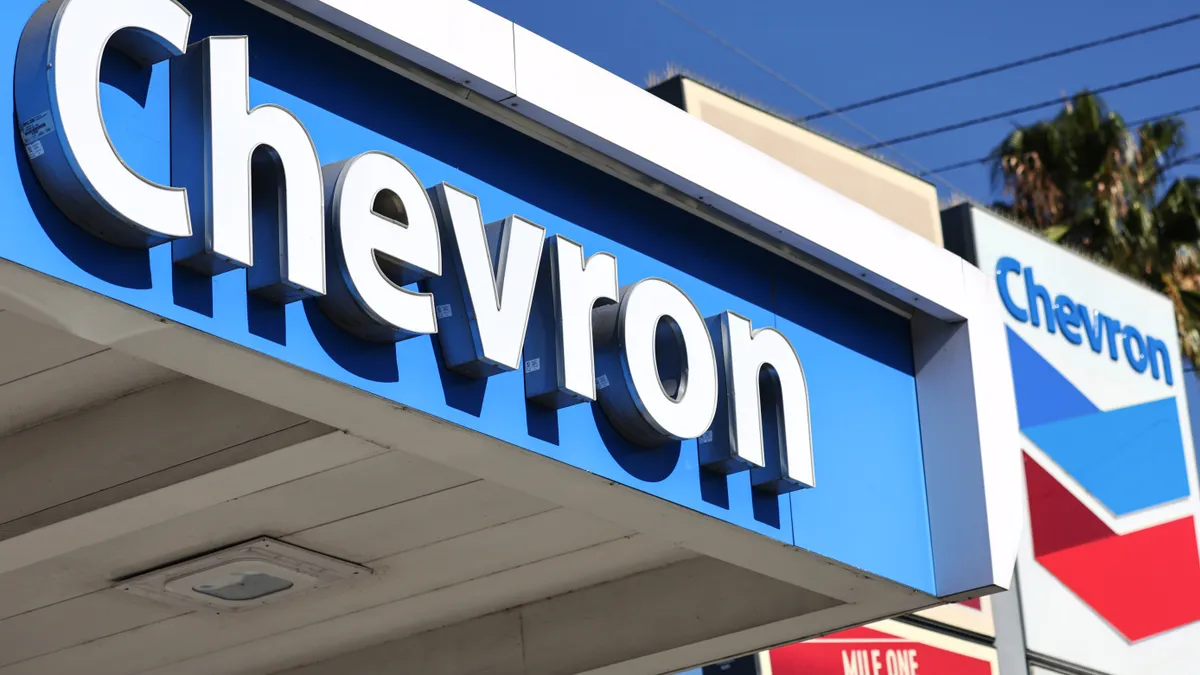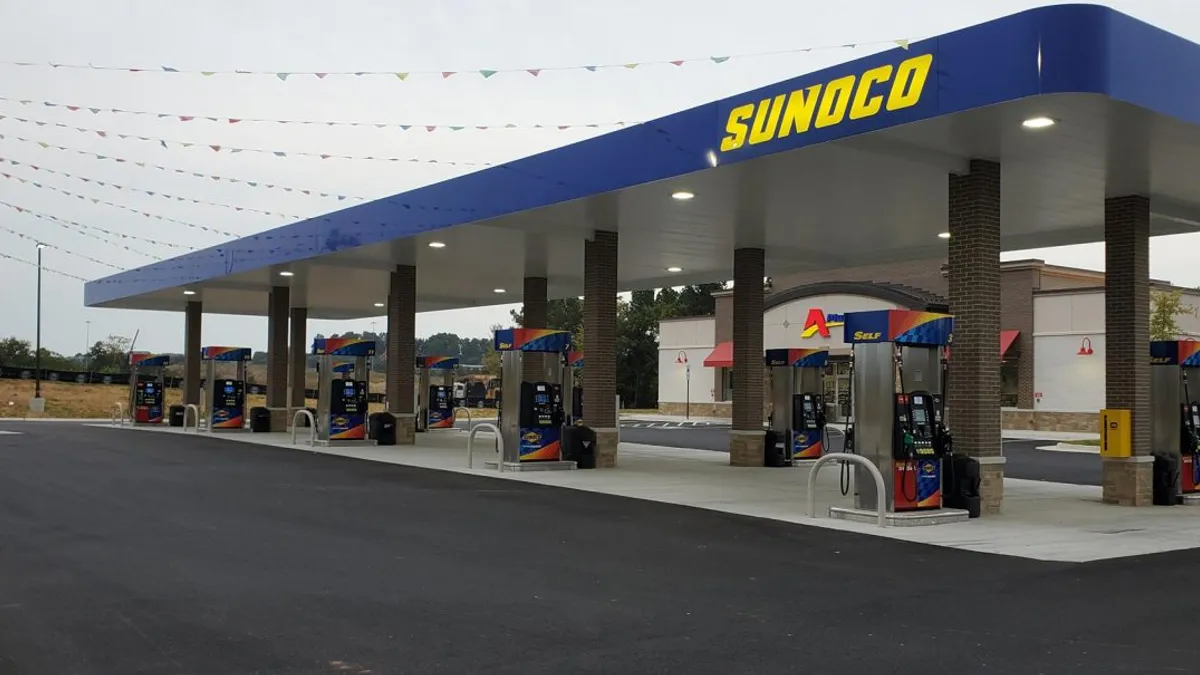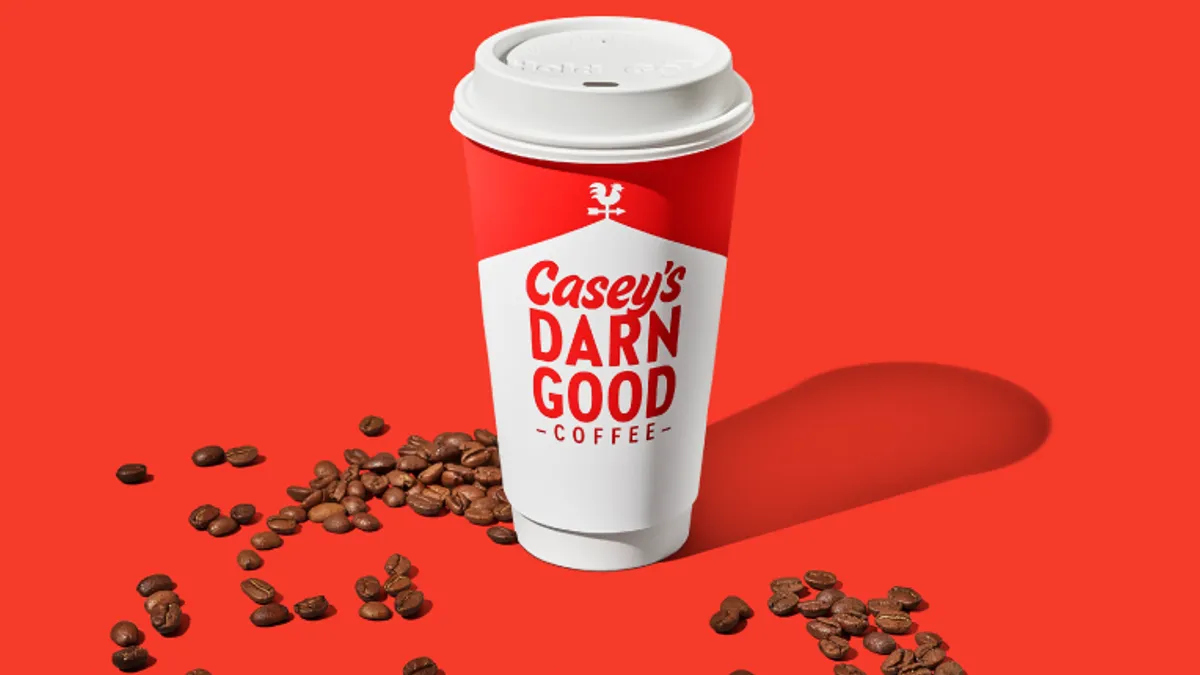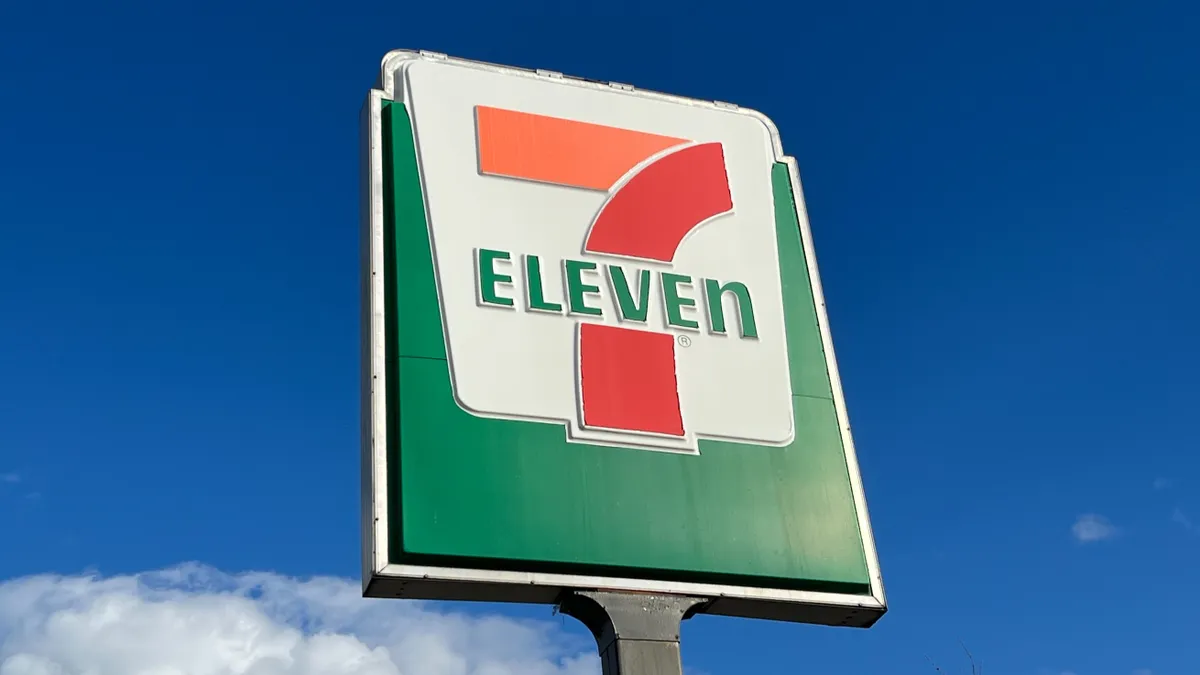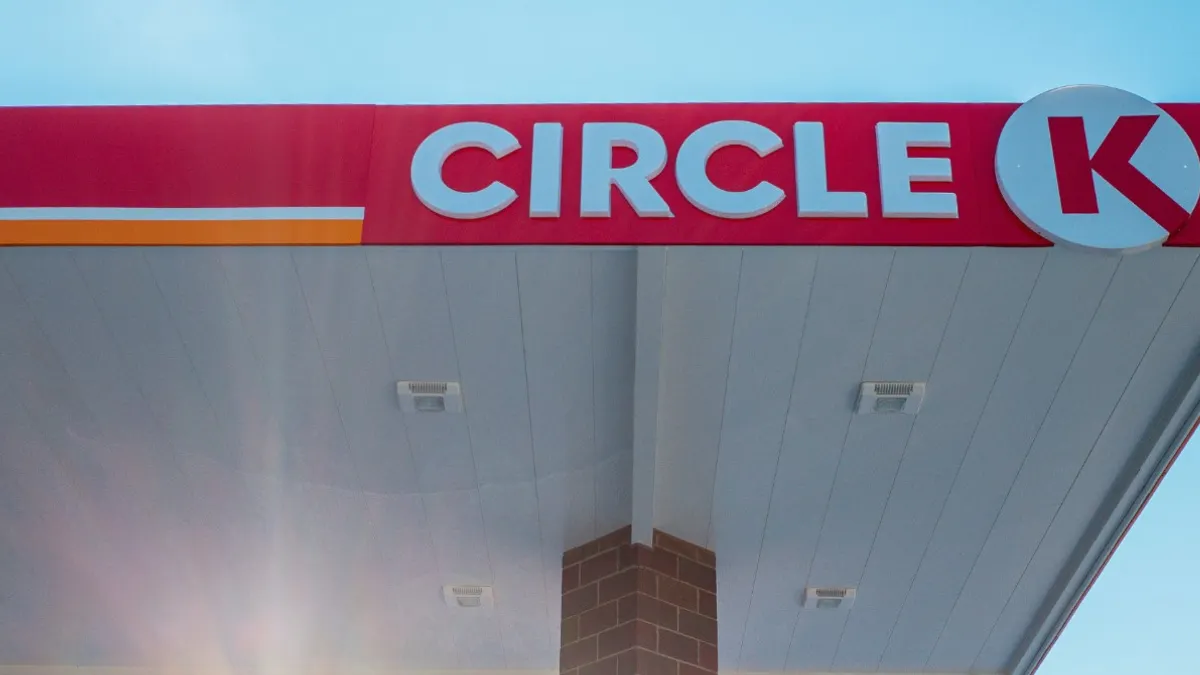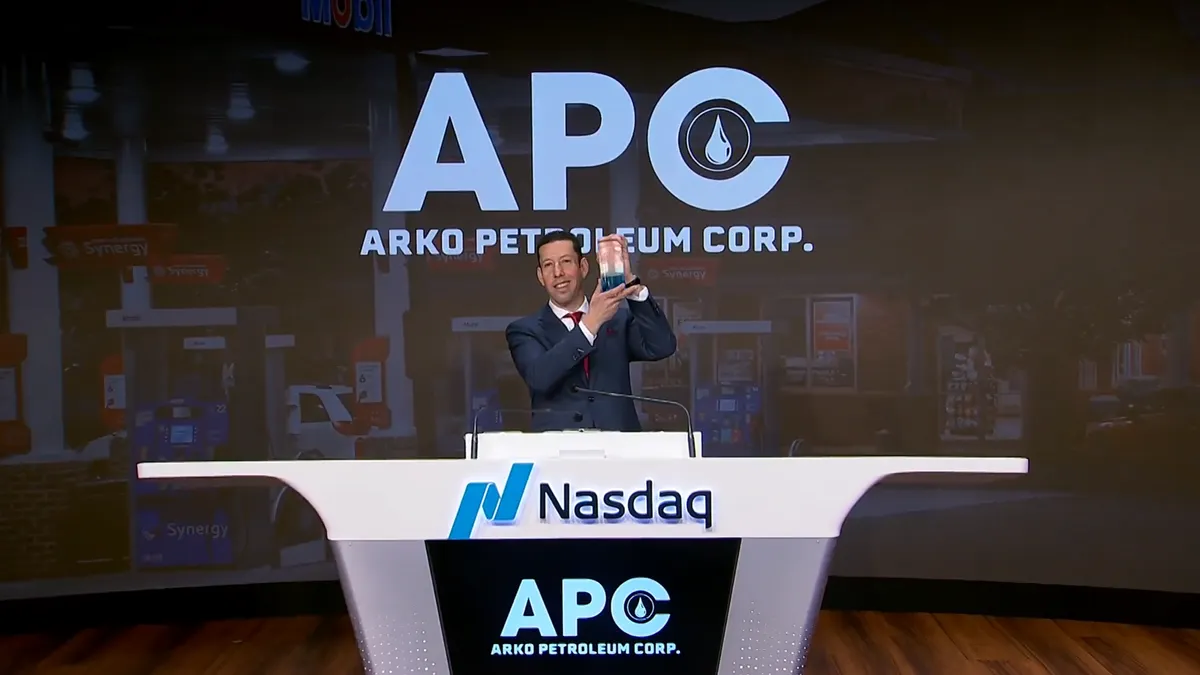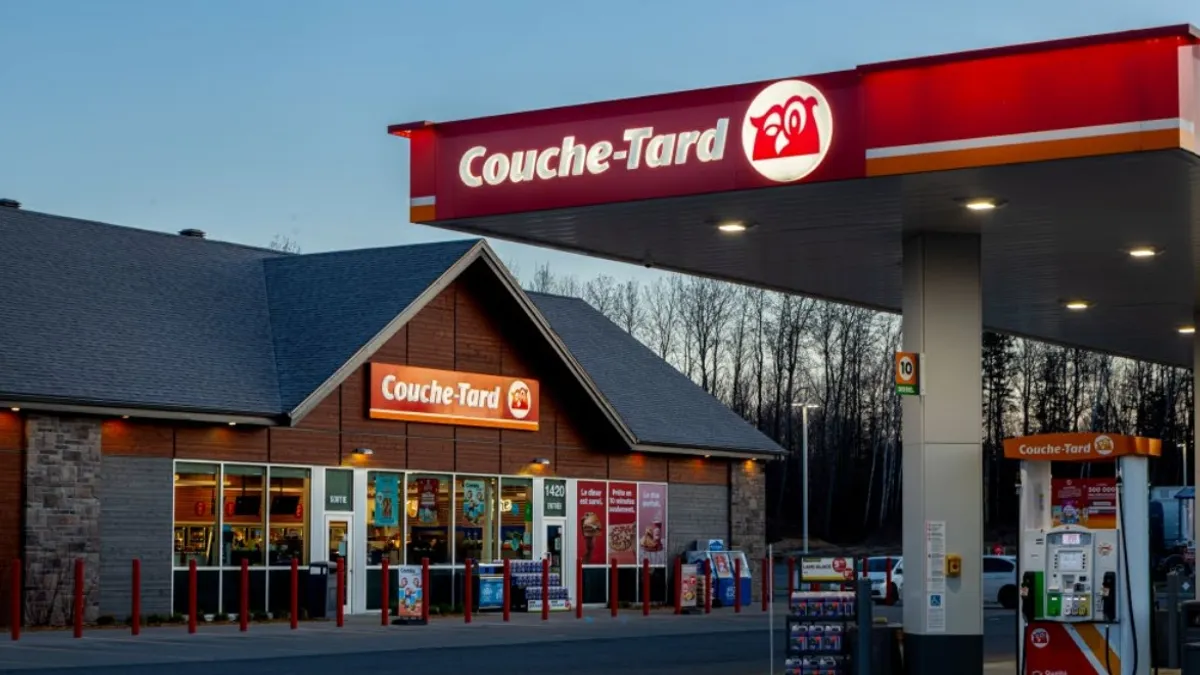It’s an age-old question in the c-store industry: company-operated sites versus dealer or franchised locations. Which is better?
Many of the largest convenience retailers take both approaches. For instance, 7-Eleven and Alimentation Couche-Tard — parent of Circle K — have thousands of company-operated and franchised locations. Both models build revenue, with one requiring the company’s day-to-day involvement in operations, and the other allowing it to take a more hands-off approach.
But two of the more well-known mid-size c-store retailers in the U.S. have gained attention this year for converting sites from one model to the other — but in opposite directions. While CrossAmerica Partners is converting dealer-operated locations over to company-operated sites, Arko Corp is taking the reverse approach.
Executives from both companies have touted their plans as timely and strategic for the future of their businesses. Both conversion approaches bring plenty of benefits and upside, but they also carry risks.
Dealerizing to save cash
Arko announced its dealerization program — in which it converts company-operated c-stores to wholesale locations — in May 2024 as a way to reduce expenses. Ever since, leadership has stuck to its guns that the conversions will help Arko yield a cumulative annualized operating income benefit of over $20 million.
Reflecting back to when the program launched, Jordan Mann, senior vice president of corporate strategy, capital markets and investor relations, said that Arko first identified stores in which it wanted to invest more capital, which in turn has resulted in enhancements like its new Fas Craves food program. As part of that review, Arko also identified locations that didn’t meet its standards for expansion, but which it felt could continue making money.
Arko and CrossAmerica's differing strategies
“Given we have a wholesale segment as part of our business model, we felt the latter stores would be better positioned in our wholesale network,” Mann said in a statement to C-Store Dive.
As of June 30, Arko had converted 282 company-operated c-stores to its dealer network, and plans to change more over in 2026, the company said earlier this month. The financial gains are taking a while to materialize, but that comes with the territory with this strategy, c-store consultant Julie Jackson said in an interview.
“You just don’t flip a switch and have your profitability,” she said. “There’s a lot of factors that go into it.”
Jackson pointed to administrative tasks that make these types of conversions challenging and time consuming, such as determining rents and maintenance responsibilities, as well as transferring alcohol and tobacco licenses from the company to the dealer.
Additionally, transitioning the support teams and store-level employees is an important and difficult part of the conversion process. Team members in areas like human resources or accounting are often let go during company-operated-to-dealer site conversions because most of their work isn’t handled by the retailer anymore, Jackson said.
“Depending on how many c-stores are turned into [dealer-operated], it could be a huge organizational realignment that has to happen,” she added.
This strategy also brings the risk of getting into business with a franchisee or dealer who mishandles operations or doesn’t comply with the agreement, Jackson said.
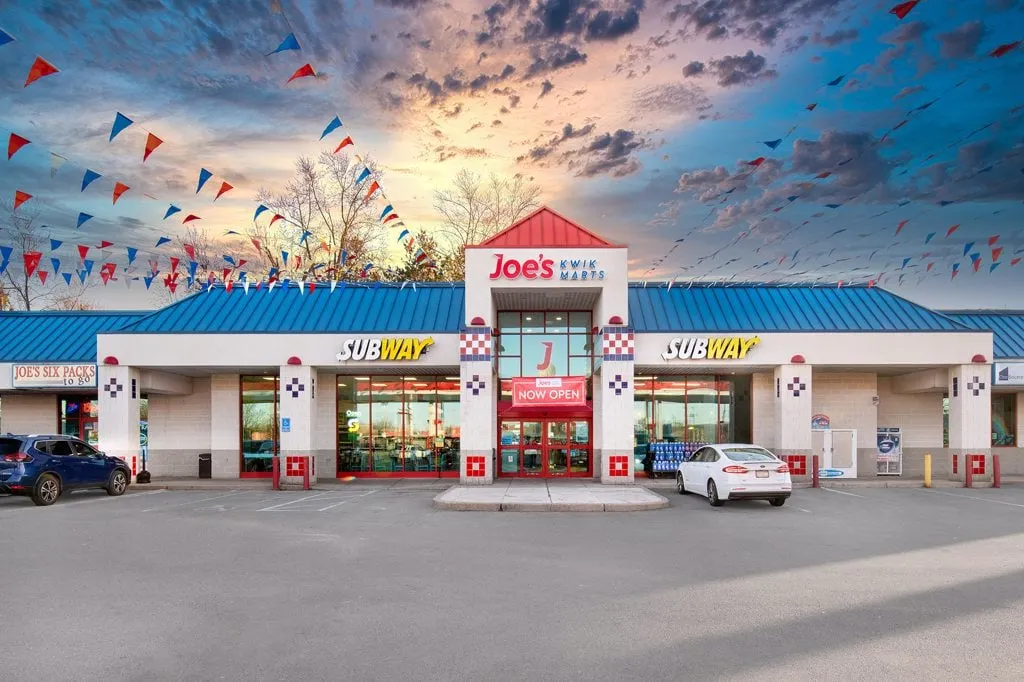
Finding the right dealer or franchisee requires significant vetting. For instance, companies have to look into if the potential partner already has locations. If they do, retailers can send mystery shoppers to their stores to see how well they’re run, Jackson said. And even once a dealer is signed on, retailers can make store visits and do regular compliance checks.
“If you vet your dealers and franchisees beforehand, and you know that they're known entities, it usually goes well,” Jackson said. “But I’ve found that if you have new people coming in that you've never worked with before… that is a little bit risky.”
Company-operated to build the brand
Jackson, who spent over two decades in operational and executive management for several convenience retailers before becoming a consultant, said that she’s worked on both types of store conversions through the years.
Company-operated-to-dealer conversions have always been more popular because of the overhead savings they offer, she said. But on the other side of the coin, everything that’s lost when going the dealer route — including employees, branding and product investments — are brought back when converting to company-operated sites, which can be fruitful for the business, she said.
Jackson said that in her experience, retailers often convert dealer or franchised sites to company-operated locations to test new services, such as a new food program. Additionally, sometimes the dealers or franchisees may not be doing a good job running their stores, sparking the company to take over operations, she said.
This type of conversion is exactly what CrossAmerica Partners has been doing for the past year and a half. The Pennsylvania-based retailer had 296 company-operated c-stores at year’s end of 2023, and grew to 372 by the end of 2024 — a 26% jump. The company continues to invest in these stores through adding new food options and various branding and fuel dispenser enhancements.
A spokesperson from CrossAmerica partners declined to be interviewed for this story.
Taking control of sites also means getting everything in order to run stores from inside the company, which can also take a while.
“You have [to set up] your price book, point of sale, new equipment… you have to make sure you have resources to manage all those pieces of the business,” Jackson said.
For any company considering either of these conversion tracks, the most important thing is to first crunch the numbers and identify and vet all third-parties they’d be working with to determine what’s best for the business, Jackson emphasized. If this isn’t done beforehand, disaster can strike.
“You need to have a robust plan before you can execute these types of situations or you're going to end up in a mess.”


